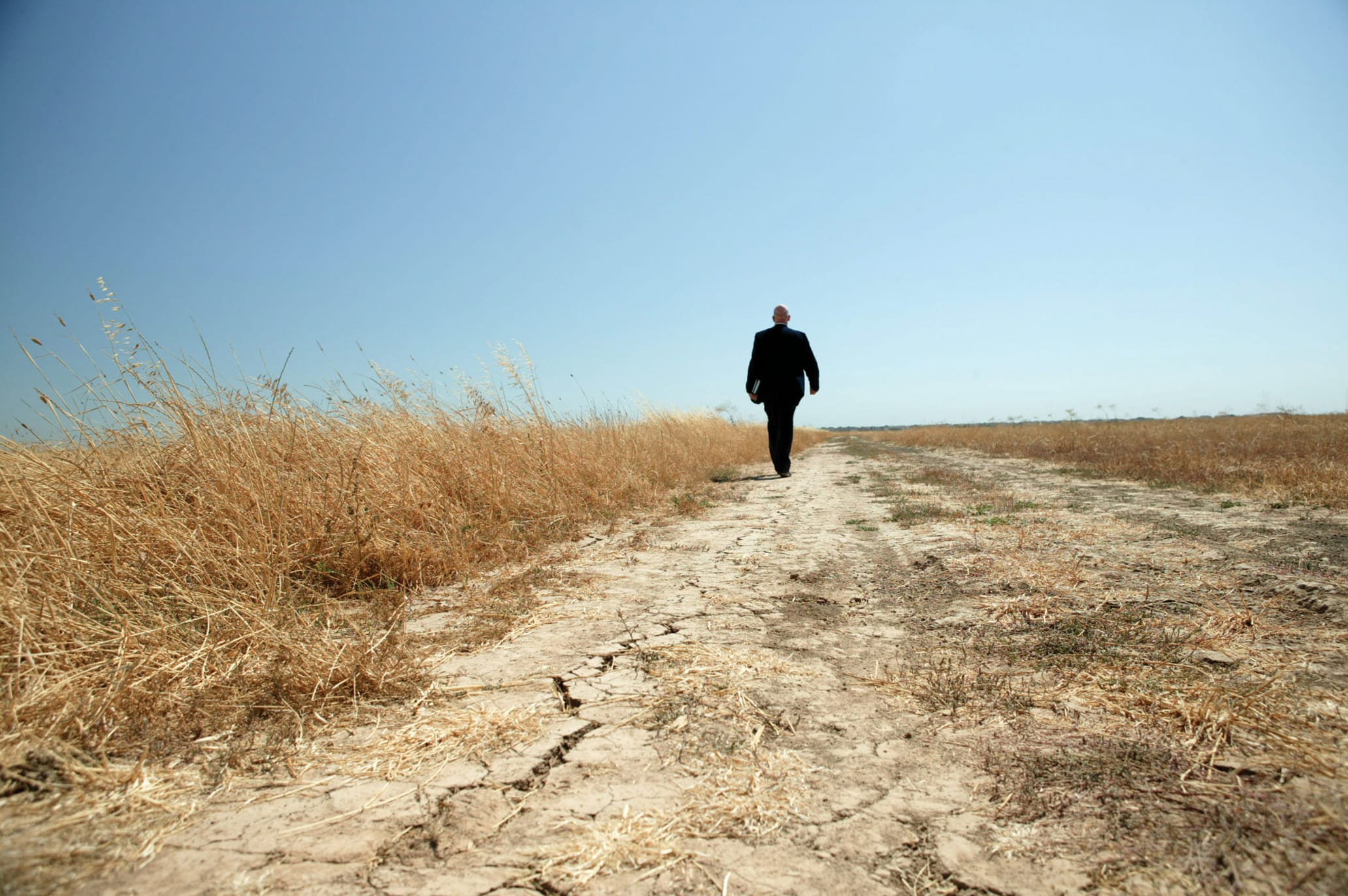Land of My Birth – In the beginning of the eighteenth century the Jewish community of Jerusalem grew, reaching a total of about 10,000 by the year 1741. The area was calm and safe and the Torah institutions in the city expanded, as is described below:
“G-d has given us success, such that in our times the land is quiet and full of knowledge, praise be to His holy name. Many benches have been added for the students and new yeshivot have been founded in the holy city. This has not happened to this degree since the day the exile began. Just as the birds fly here from the four corners of the earth, everybody is ascending to Eretz Yisrael.”
However, as the population increased, so did the number of groups, including some that it was feared would not follow the path which our sages had set many generations before. This is the only reasonable explanation for the strict rules of modesty enacted by the leaders of Jerusalem. The srictest decree was to expel all bachelors from the city, sending them abroad. This was accepted by all thirteen leaders of the community in Jerusalem, the “wise men, officials, leaders, supervisors, and people responsible for the holy city.” The common denominator of all the signatures was the fact that they included the title “Samech-Tet” – denoting their pure Sephardic family roots. Thus, at the time there were almost no Ashkenazim in the city. Here are the main points of the decree:
“Young men from the age of twenty and above are not allowed to live in the holy city of Jerusalem without a wife… For in our many sins we have seen unmarried men and women who blame their bachelor status on vain reasons such as that they do not have enough money to perform a wedding and support their wives. And every day such people arrive from abroad. But according to our traditions, there is no responsible way to avoid illicit sex… We therefore renew the old agreement and unanimously agree with respect to unmarried men between the ages of twenty and sixty that no unmarried man of Yisrael will be allowed to live here in the holy city of Jerusalem, without a woman. We have established a time limit for all the bachelors living here, from today, the fifth of Iyar 5509 (1949) until Rosh Chodesh Elul. Let every unmarried man see this declaration and carry out his intention to marry – then he will be allowed to live in Jerusalem as he wishes. But if he is not able, for he does not find a woman – he must immediately leave and find his livelihood abroad…”
Pious ethical men will probably feel that the reason for this rule was to prevent possible harm and to establish limits to keep people far removed from sin. However, researchers and historians will certainly claim that the declaration was in response to breaches of modesty that had already taken place, even in the seventeenth century in the holy city of Jerusalem. In any case, it is highly unlikely that the rabbis of Jerusalem were successful in their efforts to enforce this ruling.
Evidently the desired results were not achieved even after the declaration. This is clear from the fact that the eleven elders and rabbis of Jerusalem met once again five years later and published additional rules of modesty:
“We have agreed by a majority vote that no daughter of Yisrael, even the elderly ones, will be permitted to go to the market unless she wears an additional cover over her clothing… In addition, no woman, whether a widow or married, is allowed to sell wine or liquor to any person… Also, in general a woman is not allowed to go to the baker to bring or take bread… And they are not permitted to come to the synagogue for Mincha and Maariv and certainly not for the celebrations of Simchat Beit Hasho’eiva… And let the Almighty see an end to our troubles and gather our oppressed ones to our land and to the heritage of our ancestors…”
Source: Moshe David Gaon, “The Jews of the East in Eretz Yisrael,” and others. Reprinted with permission from Zomet Institute (www.zomet.org.il). Translated from the Hebrew by Moshe Goldberg. To subscribe to receive the complete version of Shabbat B’Shabbato please write to dan@zomet.org.
The words of this author reflect his/her own opinions and do not necessarily represent the official position of the Orthodox Union.
